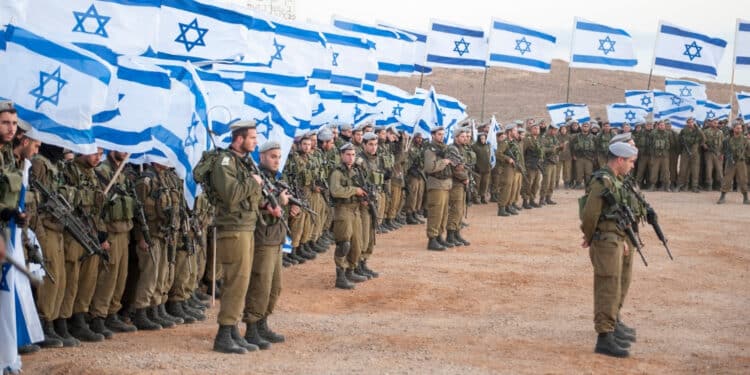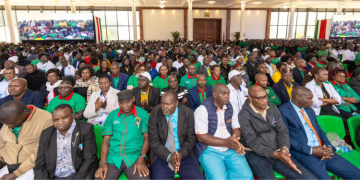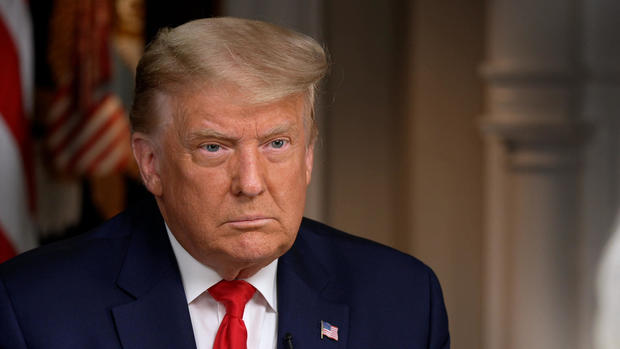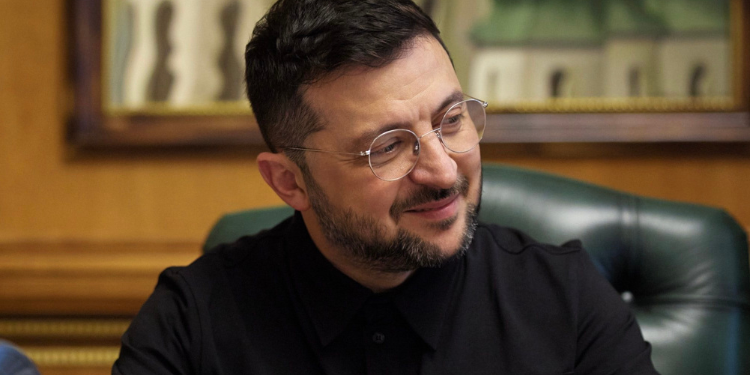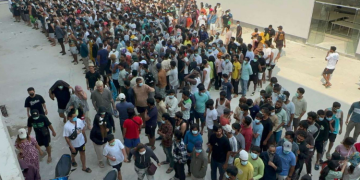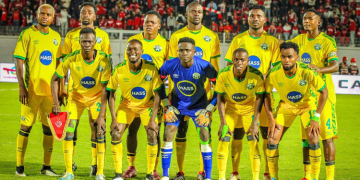The practice of naming military operations began with the German General Staff during World War I, primarily to maintain secrecy and aid in operational planning.
Military operations across the world are often given unique code names to serve multiple purposes: operational secrecy, strategic messaging, and morale building.
While there is no universal rulebook, the naming process is often influenced by each country’s history, objectives, and political context.
Names helped coordinate complex campaigns and often drew from inspiring themes like mythology or religion to boost morale, especially notable during Germany’s 1918 Western Front offensives.
The United States adopted the practice around World War II, evolving from earlier systems that colour-coded war plans.
As the scale of operations grew, a standardized system was developed using randomly selected neutral words from pre-approved lists, avoiding geographic or suggestive terms.
While many names were assigned arbitrarily, some—particularly British ones—were carefully chosen. Winston Churchill took a personal interest in naming major operations and even issued guidelines to ensure the names were respectful, non-boastful, and suitable for the gravity of war.
In essence, military operation names are tools for secrecy, coordination, and at times, symbolism—balancing practicality with sensitivity.
Military Naming Practices: How Operations Get Code Names
- For Operational Security
The original purpose of naming military operations was to conceal sensitive information. By assigning a neutral or unrelated name, militaries protect the details and timing of their missions from potential adversaries.
Many countries use random word generators or pre-approved code word lists to ensure secrecy.
- To Reflect Mission Tone or Theme
Some operations are named to convey strength, purpose, or national values:
The United States named its 1991 Gulf War campaign Operation Desert Storm, referring to the harsh desert environment of Iraq and the overwhelming nature of the offensive.
In 2001, the U.S. used Operation Enduring Freedom in Afghanistan to frame the mission as one promoting democracy and liberation.
Also Read: How Kenyans Can Join the French Military and Earn Ksh244,000 Per Month
-
To Send a Political or Emotional Message
Countries also use operational names to shape public perception or send a geopolitical message:
Israel’s Operation Wrath of God was a retaliatory mission after the 1972 Munich massacre, using a name that combined emotional weight and religious symbolism.
India’s Operation Vijay (meaning “victory”) during the 1999 Kargil War reflected national pride and triumph.
-
Sometimes, for Pure Secrecy or Deception
In certain cases, operation names are chosen randomly or deceptively, so as not to reveal the mission’s true purpose.
For example, India’s Operation Bandar (a code name for the 2019 Balakot airstrike) was chosen specifically to maintain complete secrecy.
- Influenced by Culture or Leadership
Some leaders take personal interest in naming:
- Winston Churchill personally approved many British operation names during WWII. He laid down rules that names should not be boastful, depressing, or frivolous, and should never embarrass families of fallen soldiers.
Follow our WhatsApp Channel and X Account for real-time news updates.
